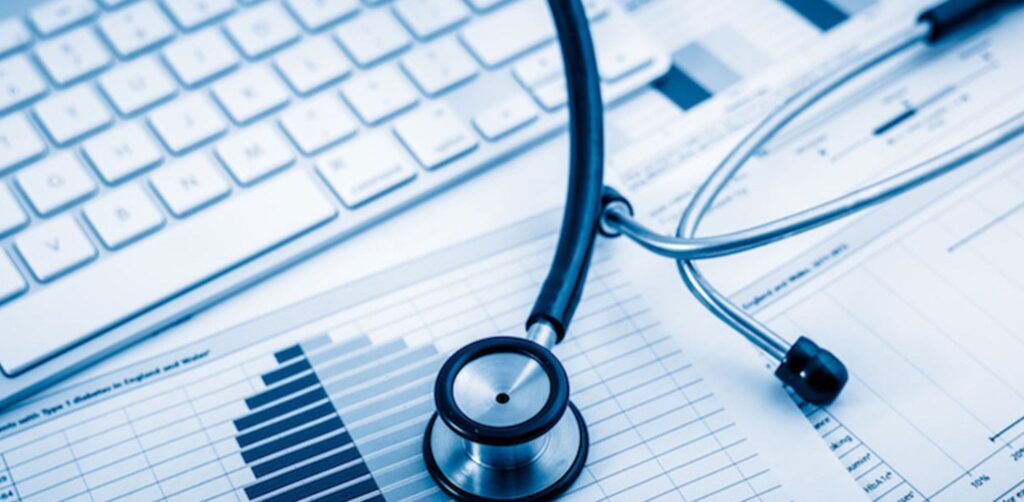
MEDICAL CODING
Medical coding is the practise of giving standardised codes to diagnoses, treatments, and other medical services in order to correctly record patient care and improve communication between payers and providers of healthcare. Medical coders give codes that reflect the patient’s medical problems and the healthcare services supplied using coding systems like the International Classification of Diseases (ICD) and the Current Procedural Terminology (CPT).
Medical coding is a crucial component of healthcare administration that is used by healthcare providers, insurers, and governmental organizations to manage expenses, follow trends, and make sure that services are properly reimbursed. For compliance with rules and regulations relating to healthcare billing and reimbursement, accurate medical coding is also crucial.
The process of converting medical diagnoses, procedures, and other medical services into alphanumeric codes that can be used for billing and reimbursement is known as medical coding. To make sure that healthcare providers are fairly compensated for the services they render, medical coding is crucial.
The International Classification of Diseases (ICD) and the Current Procedural Terminology (CPT) are the two main coding schemes used in medical coding. The World Health Organisation (WHO) maintains the ICD, which is used to code diagnoses. The American Medical Association (AMA) maintains the CPT, which is used to code medical procedures.
Medical coders play a crucial role in the healthcare industry, ensuring that medical records are accurately coded and that healthcare providers are reimbursed for the services they provide. Medical coders work in a variety of healthcare settings, including hospitals, clinics, and insurance companies.
A certification programme is often required to work as a medical coder. The American Academy of Professional Coders (AAPC) and the American Health Information Management Association (AHIMA) are two organisations that offer certification programmes. These certification courses frequently cover subjects including anatomy and physiology, medical terminology, and coding standards.
Medical coding is a career in high demand, and employment prospects are predicted to increase over the next few years. The demand for qualified medical coders is anticipated to rise as healthcare grows more complicated and the necessity for precise billing and payment keeps growing.
The process of converting medical diagnoses, procedures, and other medical services into alphanumeric numbers for billing and payment purposes is known as medical coding. In the healthcare sector, medical coders are essential to making sure that medical records are appropriately tagged and that healthcare practitioners are paid for the services they render. Medical coding is a viable career path for those interested in healthcare and technology because there is predicted to be an increase in the demand for qualified medical coders.
